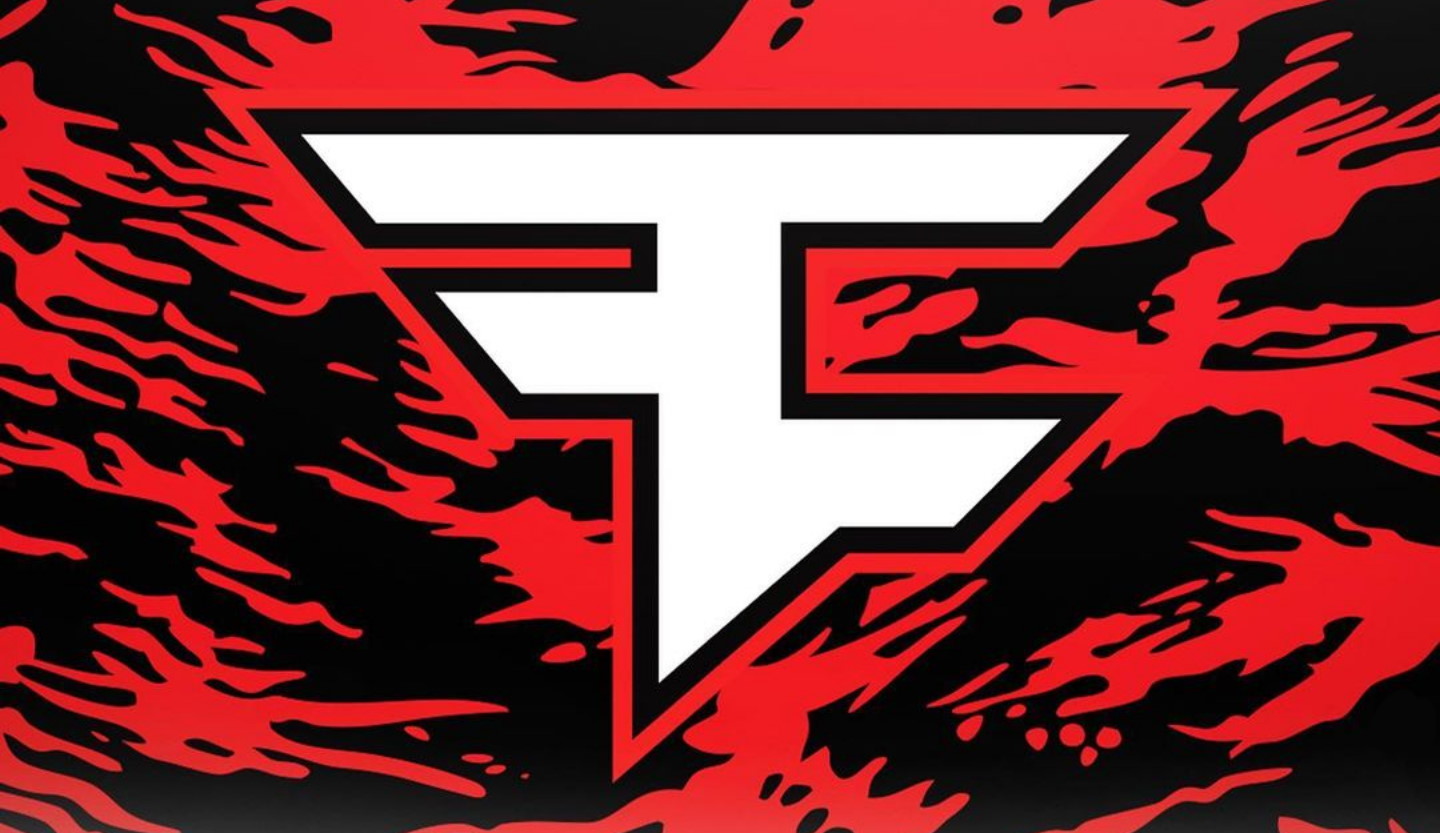FaZe Clan goes public and drops 25% in first day
The esports-slash-lifestyle brand is still worth a tonne though.

The esports and lifestyle brand FaZe Clan has gone public on the Nasdaq, touting itself as a 'creator economy' company with an initial valuation of $725 million. This prompted an immediate selloff of FaZe stock, and a 25% plunge in its valuation on the first day.
FaZe began trading thanks to an SPAC merger, a new and somewhat controversial vehicle in financial markets because, well, the recent history isn't great. A SPAC is a special purpose acquisition company that exists solely to buy an existing private business and then float it on the public markets, but many companies that have followed this route have ended up performing extremely badly; or, to put it another way, have been in the market's eyes over-valued. SPACs have become so unpopular, in fact, that US regulators are currently looking into whether they should be allowed in their current form.
Sounds slightly dodgy, and that sounds like FaZe alright. The group was founded in 2010 and now consists of over 100 employees, mostly esports pros and content creators, alongside celebrities such as Lil Yachty and Snoop Dogg who apparently sit on the board. There's no arguing with the group's reach, however: it boasts over 500 million followers across its various social media accounts.
"I understand why other companies have been criticized for going public via the SPAC vehicle. But for us, it really fits" FaZe CEO Lee Trink told CNBC. Trink joined Faze in 2018 and was previously president of Capitol Records. "We think we’re the first Gen Z native brand to go public; we’re certainly the first creator-based brand to go public."
FaZe had announced plans for the SPAC merger last year, at which time it claimed a valuation of $1 billion. Since then going public has been delayed and the SPAC involved, B. Riley Principal Commercial Capital, had to make a $20 million bridge loan to FaZe.
This is because FaZe doesn't make money yet: its business is largely in convincing people it does make money. In filings for the public listing, it reported revenue of $50 million in 2021 and forecast $90 million for 2022. But revenue isn't income, and in 2021 it made a loss of $19 million.
This means FaZe has to show investors future plans, how it's going to turn that massive audience (80% of whom is 13 to 34 years old) into dollars. Trink reckons it will be less about esports than projects such as a gambling partnership with DraftKings, FaZe fast food (really), and streamer partnerships.
The biggest gaming news, reviews and hardware deals
Keep up to date with the most important stories and the best deals, as picked by the PC Gamer team.
"Gen-Z is not about your parents’ brands," says Trink. "Gen-Z wants connectivity and proximity. We are the translators and what we do know is how to reach this audience."
That audience better get ready to be upsold.

Rich is a games journalist with 15 years' experience, beginning his career on Edge magazine before working for a wide range of outlets, including Ars Technica, Eurogamer, GamesRadar+, Gamespot, the Guardian, IGN, the New Statesman, Polygon, and Vice. He was the editor of Kotaku UK, the UK arm of Kotaku, for three years before joining PC Gamer. He is the author of a Brief History of Video Games, a full history of the medium, which the Midwest Book Review described as "[a] must-read for serious minded game historians and curious video game connoisseurs alike."

